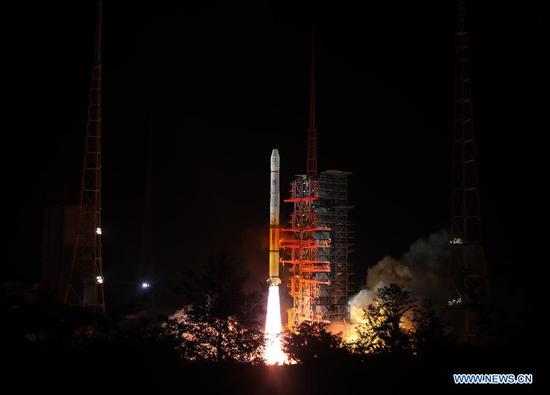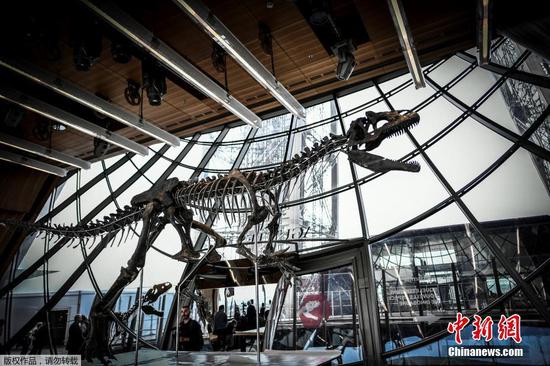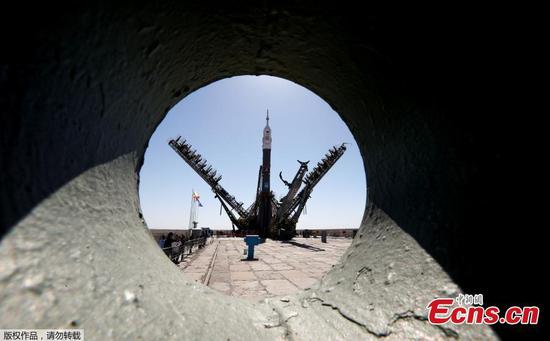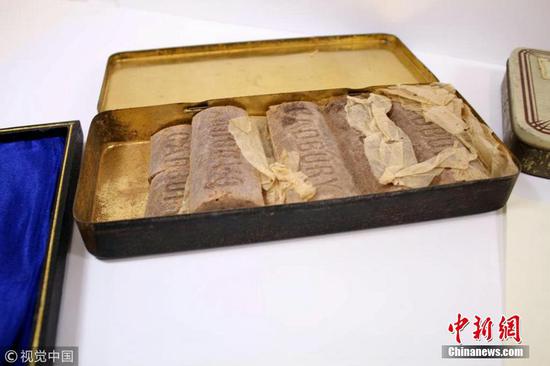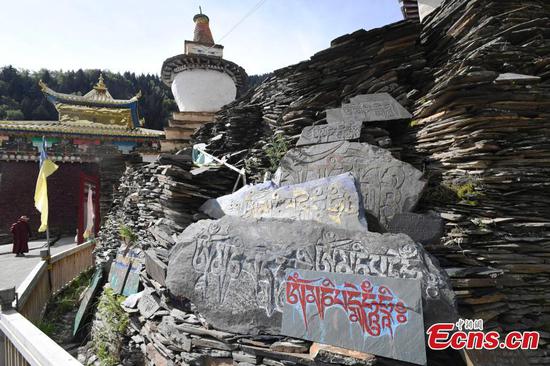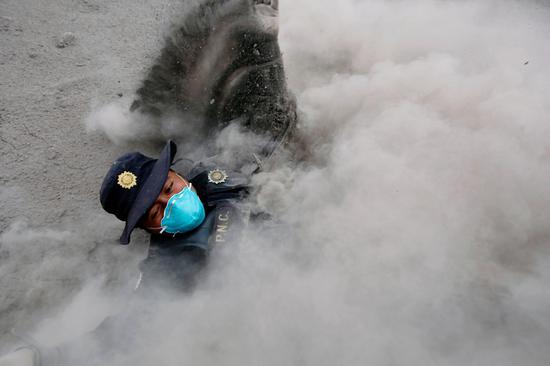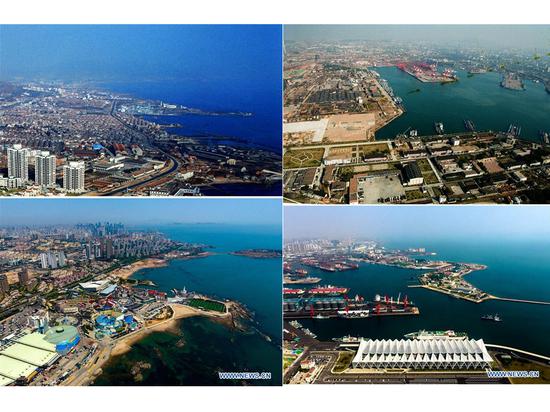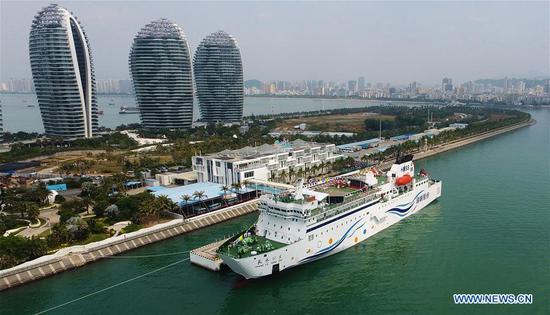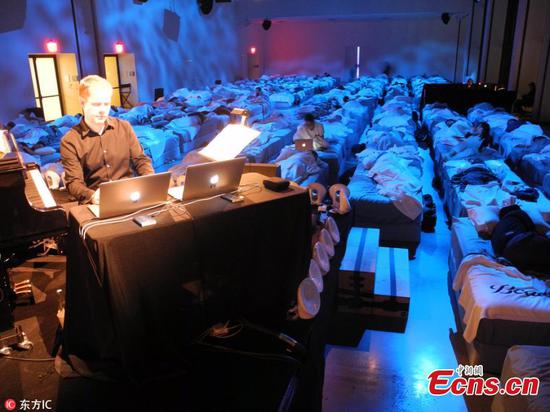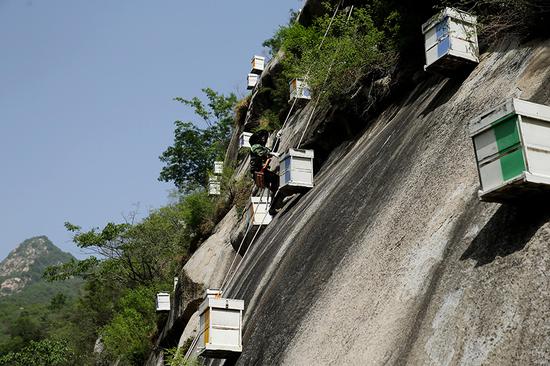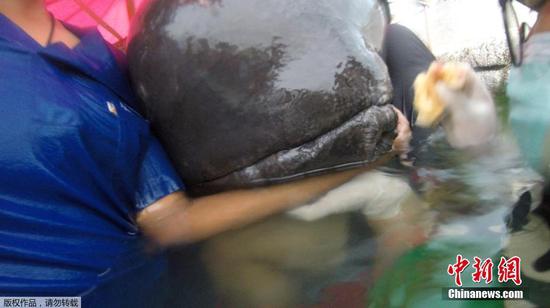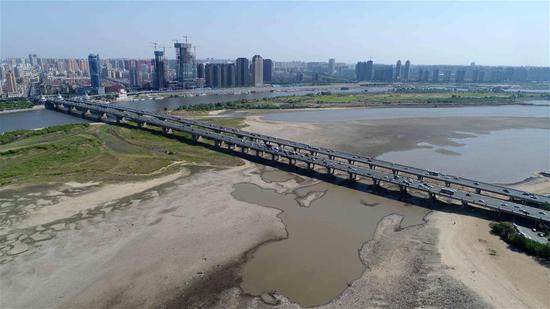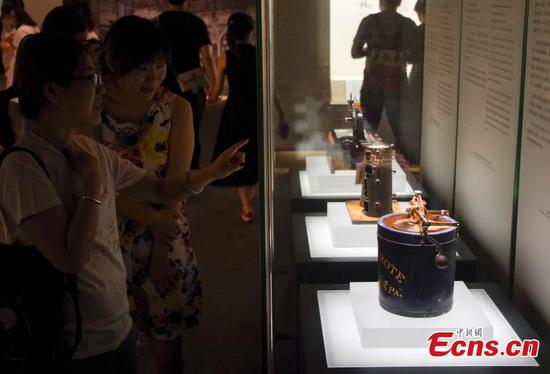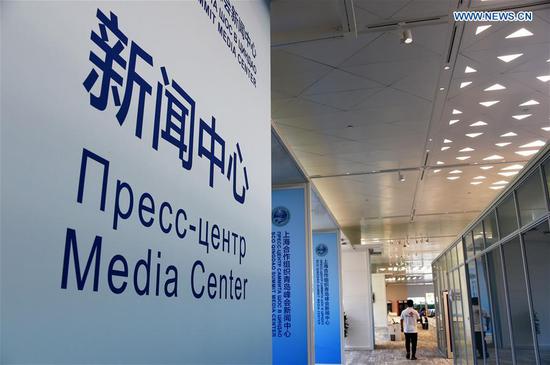The Tokyo head office and other facilities of Kobe Steel Ltd. were raided by police and prosecutors Tuesday over a protracted quality data fabrication scandal that has raised concern about the nation's manufacturing industry.
Along with its head office in Tokyo, Kobe Steel's headquarters in Kobe, Hyogo Prefecture and three of its manufacturing plants were also searched by police and prosecutors.
They suspect that the company, already embroiled in a data fabrication scandal, by intentionally misrepresenting its products, may have violated fair trade competition laws here.
"We are dealing seriously with the investigation," a public relations official of the company, was quoted as saying Tuesday.
The embattled company has already admitted to falsifying inspection data on hundreds of aluminum and copper products for both the domestic and international market.
The company's own internal probe concluded in a final report issued in March that it had altered data related to the strength and other pertinent aspects of its products at a total of 23 of its plants in Japan and abroad.
It said the fraudulent practices were carried out so that its products appeared to meet their clients' specifications on aspects like tensile strength and durability.
The scandal-mired steelmaker said in October last year that it had found cases of improprieties regarding inspection data that failed to meet industry inspection standards.
The results of an internal probe initially found that products sold that had their inspection data fabricated were shipped to hundreds of companies.
Japan's quality control authorities subsequently revoked certification for some copper products of a Kobe Steel subsidiary and the Japanese government said it had tasked industrial standards-approved bodies to carry out inspections at Kobe Steel's plants in an effort to deal with the company's wide-reaching falsified inspection data scandal.
Kobe Steel Ltd. had initially admitted to falsifying inspection data on a number of its products, including aluminum, copper, steel powder and special steel products.
It came to light that the embattled steel maker's own investigations had, additionally, revealed cover-ups and more incidents of data falsification thereafter.
Companies ranging from automakers and airplane manufacturers, to defense equipment and Shinkansen bullet train makers, have been affected by the scandal.
Kobe Steel said that its products, with falsified data about their strength and durability, had been sold to around 600 companies.
Investigations first revealed that Kobe Steel knowingly shipped at least 20,000 tons of aluminum and copper products with fabricated inspection data. The products were sent to around 200 companies.
The scandal-plagued firm also admitted that an internal probe had revealed that 140 tons of iron powder shipped in fiscal 2016 did not meet customer specifications.
It also said that one of its subsidiaries, Kobelco Research Institute, had falsified data related to the production method of liquid crystal displays, DVDs and other electronic equipment.
In Japan, major railway operators Central Japan Railway and West Japan Railway have stated that their Shinkansen bullet trains contained aluminum parts sourced from Kobe Steel that did not meet industry standards.
Beyond automakers and trains, Kobe Steel has also been implicated in fabricating data for aerospace and defense-related products.
Along with domestic firms such as Toyota Motor Corp., Nissan Motor Co., Honda Motor Co. and major Japanese railway operators, the scandal has also affected overseas companies including General Motors Co., Ford Motor Co., Airbus and Boeing Co.
These companies have been undertaking investigations to see if their products have been adversely affected by Kobe Steel's erroneous data-related practices.
As a result of this, the U.S. Department of Justice ordered Kobe Steel to hand over documents relevant to the data falsification scandal, and a number of the firm's overseas clients have filed class-action civil lawsuits against Kobe Steel for providing products that were not up to industry specifications.
The company, founded in 1905 and a bastion of Japan's manufacturing sector for decades, admitted that more than 40 employees were involved in the falsification practice, which the firm said had been endemic in the company since the 1970s.
Two of the employees known for routinely falsifying inspection data in the past, went on to become members of the firm's board of directors, sources close to the matter confirmed.
Tuesday's raids and the protracted nature of the data fabrication scandal have led to doubts being cast on corporate governance in the manufacturing industry and beyond Japan, and cast serious aspersions over Japan's once stellar reputation for precision manufacturing, industry experts said.
Last year saw a slew of scandals related to Japanese manufacturers, including Mitsubishi Materials Corp.'s subsidiaries who were found to have falsified quality data for products used in multiple industries, including in equipment used by Japan's Self-Defense Forces (SDF), which compounded growing concerns about quality control in Japan's manufacturing sector.
Final inspections on vehicles by unqualified staff were also found to have been routinely carried out by automakers Nissan Motor Co. and Subaru Corp., which led to extensive recalls.










